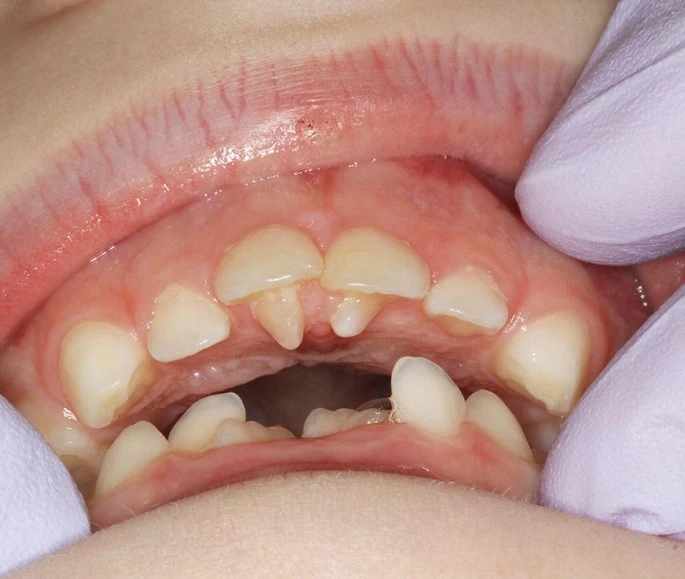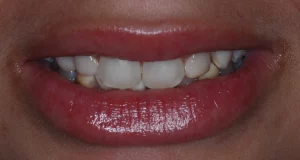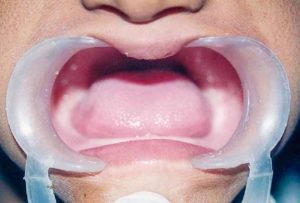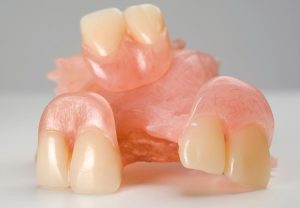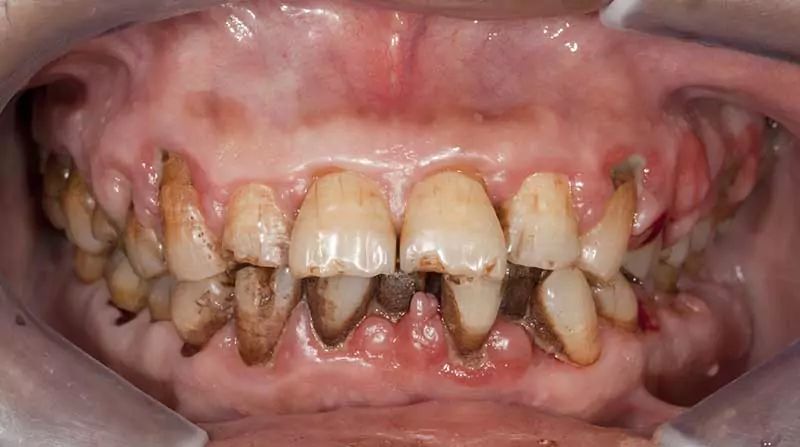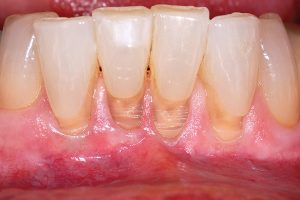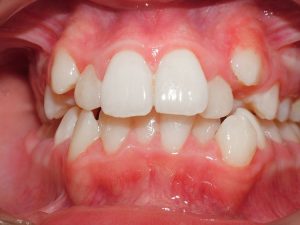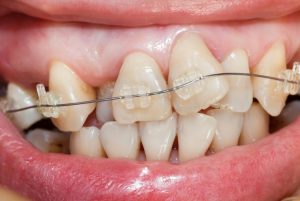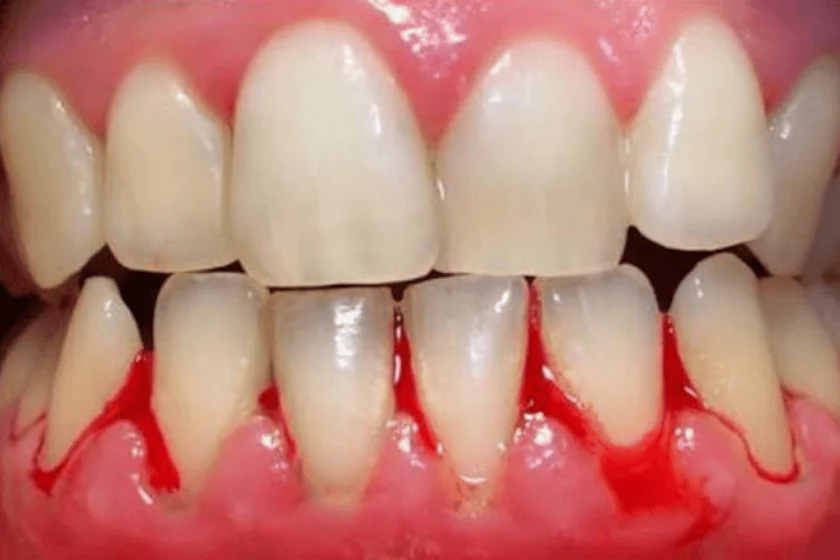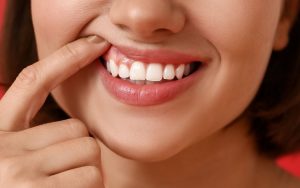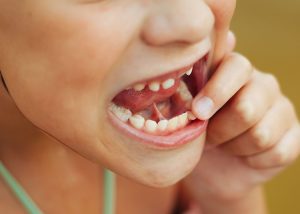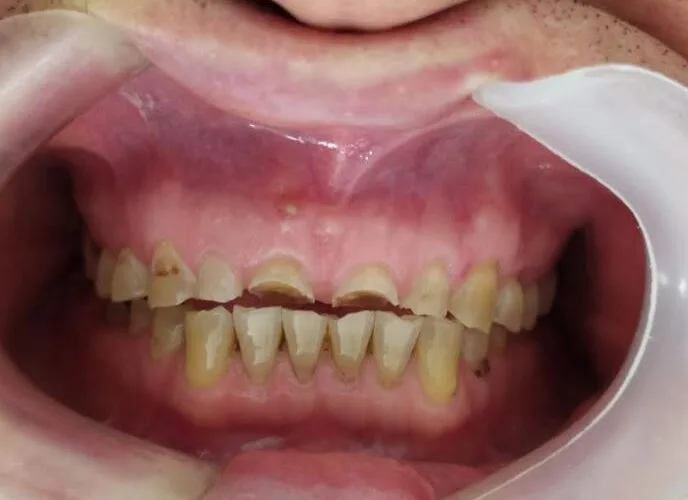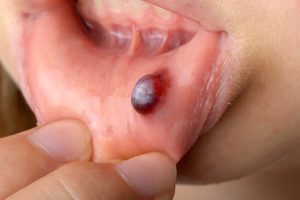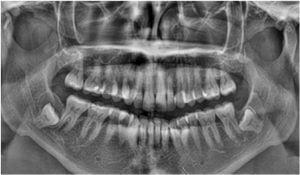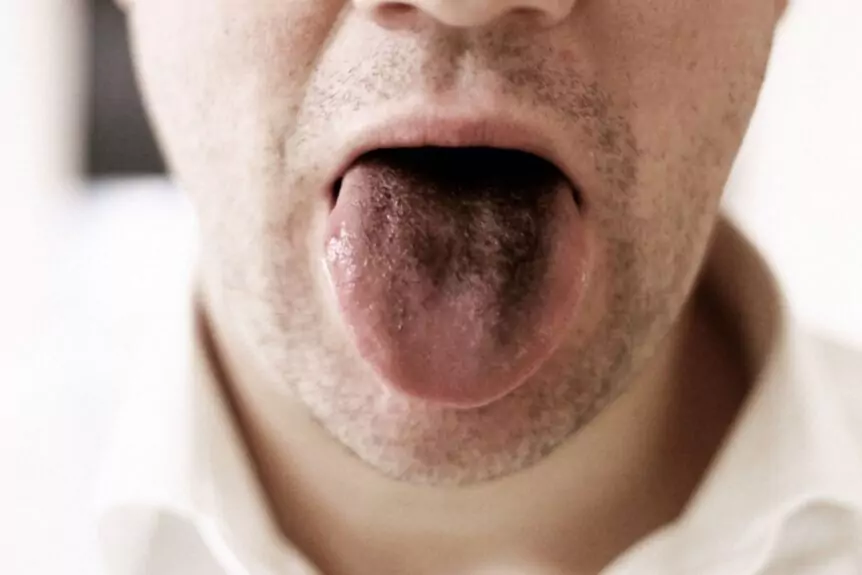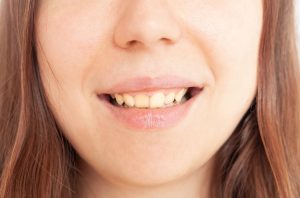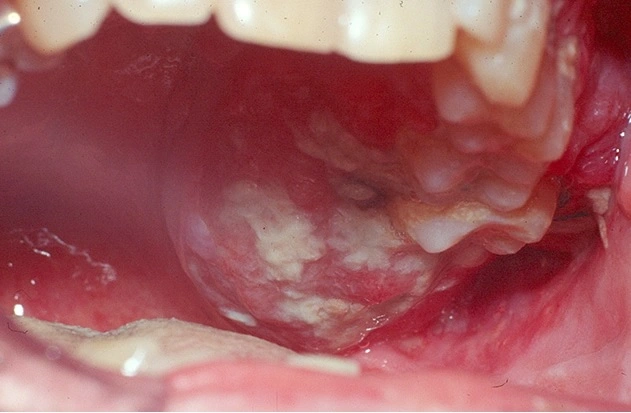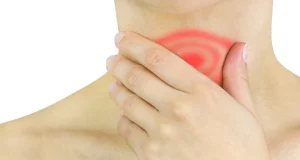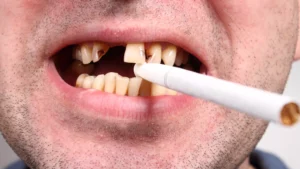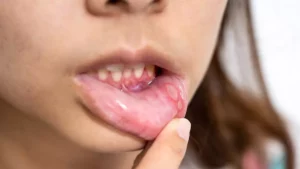Dental diseases are disorders that affect the teeth and gums, with repercussions on oral health, which can be mild or have a higher incidence, becoming an oral health condition with complex management.
The causes of these conditions are very varied. They range from poor oral hygiene to genetic factors or systemic diseases.
- Dental caries, halitosis (bad breath) and periodontal diseases are pathologies with a high prevalence in the population.
- Periodontal disease is the consequence of poor oral hygiene or hormonal changes that can lead to edentulism (total loss of teeth).
- Dental diseases can have serious consequences for general health, since they affect the nutritional condition, as well as the psycho-social aspect of the person.
Here you will find detailed information about the different dental diseases that can affect oral health, the symptoms and how to deal with the situation to reduce its side effects.
Fact Checked
Our team of writers, editors, and medical experts rigorously evaluates each article to ensure the information is accurate and exclusively cites reputable sources.
Dental anomalies are oral health conditions in which teeth grow abnormally. This causes aesthetic and health problems.
Early detection of these anomalies prevents future consequences with a greater impact on oral health. In addition, it allows for improved long-term prognosis.
The most frequent dental anomalies are supernumerary teeth, impacted teeth, crooked or crowded teeth, and teeth with very wide interdental spaces.
What are the consequences of these conditions?
- Supernumerary teeth interfere with bite or dental alignment.
- Impacted teeth cause pain and inflammation, and hinder efficient oral hygiene, with their respective consequences.
- The teeth separated by a wide space (diastema) cause an imbalance in the force exerted on the teeth and wear of the dental enamel, among others.
What other effects do dental anomalies have on oral health? Here you find the answer.
Teeth are a fundamental part of the integral well-being of people. Good oral health is related to dental aesthetics and also affects the ability to speak, eat and smile with confidence. In other words, it is essential to maintain good oral health.
It must be taken into account that:
- Teeth are susceptible to multiple diseases that impact their function and appearance at any time, a situation that has effects on quality of life.
- Caries, gum diseases, dental sensitivity, oral cancer and malocclusion are the pathologies that -frequently- affect oral health.
- Timely treatment of any dental disease is a determining factor in the condition of oral health and, therefore, consulting on time and receiving the required treatment is a basic condition for comprehensive well-being.
Here you will find essential information for the prevention and timely care of these diseases, facilitating a good oral health condition.
Gum diseases, also known as periodontal diseases, affect the gums, bone, and periodontal ligament, causing alterations in the support of the teeth.
These diseases are common and can affect health at any age.
The main cause is the accumulation of dental plaque on the teeth and gums. Plaque hardens into tartar and this increases the risk of periodontal disease.
Three warning facts about periodontal diseases:
- Smoking, consuming alcohol, or having a bad diet are factors that affect the probability of developing gum disease.
- If periodontal disease is not treated, over time it can cause tooth loss (partial or total edentulism).
- These pathologies may be related to other health conditions, such as cardiovascular diseases, diabetes, and rheumatoid arthritis, among others. That is, be a symptom of another situation.
Knowing more about gum diseases, their causes, and their symptoms is a fundamental part of prevention or timely care.
Oral and facial diseases are common throughout the world and can have a major impact on quality of life. They are usually the result of an infection in a tooth or gum.
Some common oral and facial diseases are dental caries, periodontal disease, oral cancer, and osteomyelitis.
When bacterial plaque accumulates on the tooth, it generates acid that alters tooth enamel and causes cavities.
Three interesting facts about these pathologies:
- According to the World Health Organization, untreated dental caries is the condition with the highest prevalence worldwide.
- Most cases of osteomyelitis are caused by staphylococci, a type of germ found on people's skin or nose.
- Oral cancer is more common in men. Most diagnoses are related to the consumption of tobacco and alcoholic beverages.
Knowing which diseases can affect oral health, allows acting in time to prevent them or reduce their impact.
Oral and facial diseases are common throughout the world and can have a major impact on quality of life. Generally, they are the consequence of an infection in a tooth or gum, and the periodontal ligament.
What are miscellaneous dental diseases?
Common dental pathologies are grouped under the heading ‘miscellaneous’ where dental conditions that are not directly related to periodontal disease are grouped together.
Some of the miscellaneous diseases are easy to manage, and others require more attention to avoid reaching more complex health conditions.
Several pathologies that are not frequent but can affect oral health fall into this category. Some of them are:
- Canker sores (canker sores) are annoying, and painful, and can be treated with mouthwashes.
- Xerostomia (dry mouth syndrome) occurs due to decreased saliva. People over the age of 50 are more predisposed.
- Pulp necrosis is an infection that affects the gums and the bone that supports the teeth. It is a pathology that requires attention since it can lead to edentulism. People who smoke and those who are immunosuppressed are more prone to developing it.
This note provides information on the various dental diseases that are classified as miscellaneous.
Have you ever had toothache or sensitivity when drinking very hot or cold drinks? These symptoms could be indicative of dental disease.
Common dental diseases are grouped under the heading ‘miscellaneous’ because they include different conditions that are not directly related to caries or periodontal disease, which are the most frequent oral pathologies.
Oral cancers are silent, not painful, in their early stages. For this reason, it is not diagnosed in a timely manner and -generally- when they are identified they are already in an advanced stage of development.
This pathology attacks the tissues of the oral cavity: the tongue, gums, cheeks, palate, and salivary glands. The most frequent cases of oral cancer are registered in the tongue, tonsils, gums, and the base of the mouth.
The American Cancer Society indicates that by 2023 in the United States, about 54,000 people will have cancer of the oropharynx and oral cavity. It is estimated that approximately 11,000 people will die from oral cancer.
The Pan American Health Organization classifies it as a public health problem and points out that it is more frequent in men over 35 years of age.
- The consumption of alcohol and tobacco (smoking, chewing, snuff).
- Prolonged exposure to sunlight, without protection.
- Human papillomavirus (HPV) infection
What are the symptoms? What treatments are there for this pathology? How to prevent or reduce the possibilities? Here you find those answers.
Currently, the aesthetic appearance of teeth is one of the main concerns of most people. Missing teeth, crooked, stained, misaligned, or uneven teeth can affect self-esteem and confidence.



